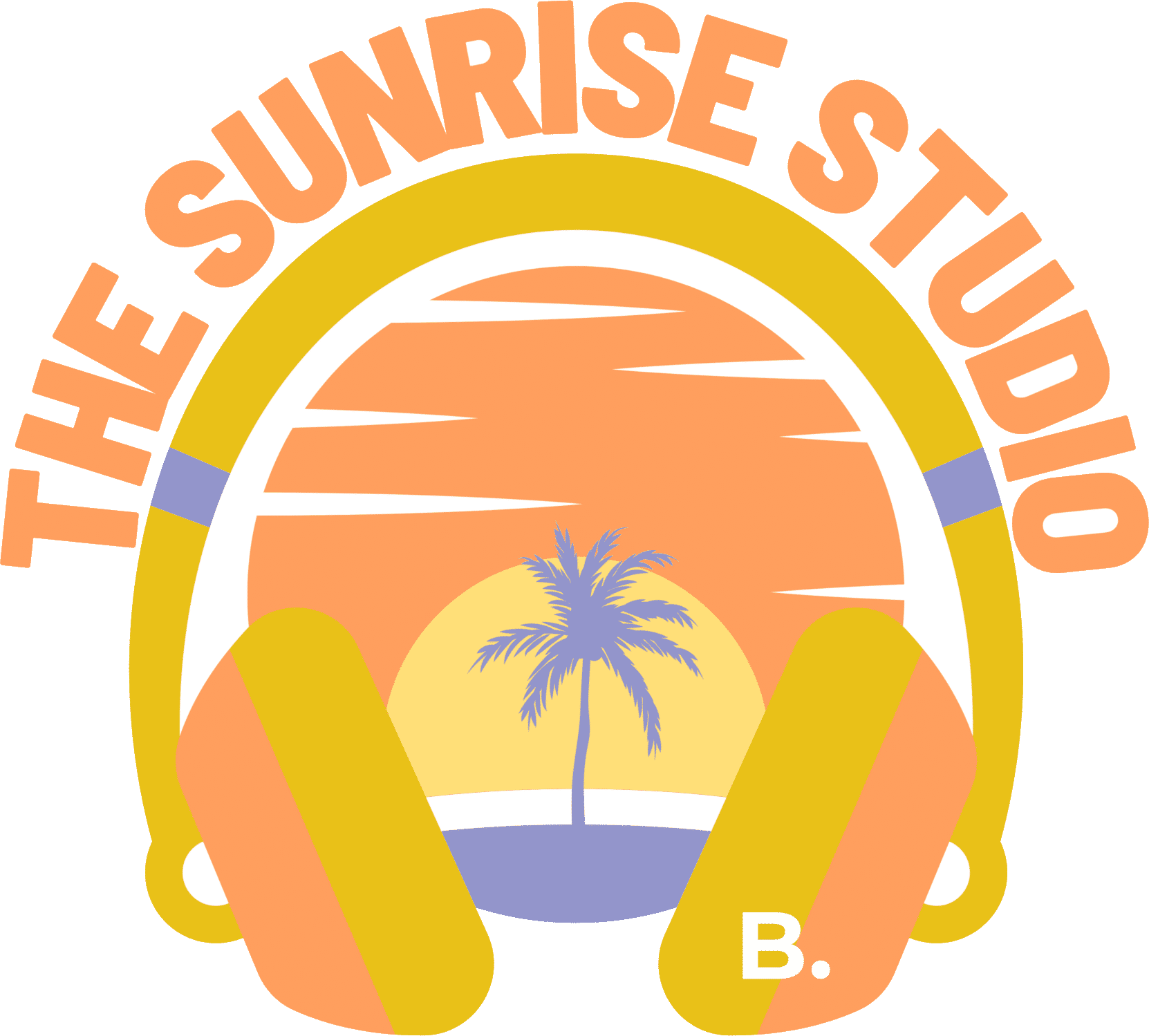Podcasts can be incredibly beneficial for a wide variety of individuals and businesses. Here’s a look at who can particularly benefit from creating and maintaining a podcast:
1. Entrepreneurs and Startups
- Why: Podcasts offer a platform to share the story behind the business, discuss industry trends, and provide insights that can attract potential customers and investors.
- Example: An entrepreneur can use a podcast to discuss the challenges and successes of building their startup, providing valuable lessons to listeners.
2. Small and Medium-Sized Businesses (SMBs)
- Why: They can use podcasts to establish themselves as thought leaders in their industry, offering advice, interviews with experts, and discussions on relevant topics.
- Example: A local bakery could start a podcast discussing baking tips, the importance of local ingredients, and interviews with other local food artisans.
3. Coaches and Consultants
- Why: Coaches and consultants can provide valuable insights and advice, building their reputation and attracting new clients.
- Example: A business coach could host a podcast sharing strategies for leadership development, productivity hacks, and case studies of successful businesses.
4. Nonprofits and Community Organisations
- Why: Podcasts are a great way to raise awareness about their cause, share success stories, and engage with supporters and volunteers.
- Example: A charity working on environmental conservation could use a podcast to discuss pressing environmental issues, interview activists, and highlight their projects.
5. Educational Institutions
- Why: Schools, universities, and training centres can use podcasts to share knowledge, interview experts, and provide supplementary material for their students.
- Example: A university could produce a podcast featuring lectures, student interviews, and discussions on research findings.
6. Health and Fitness Professionals
- Why: They can provide tips on health, wellness, and fitness, interview experts, and discuss new trends and research in the field.
- Example: A fitness trainer could start a podcast offering workout tips, nutritional advice, and interviews with athletes and health experts.
7. Media and Entertainment Companies
- Why: Podcasts can be an extension of their content, offering behind-the-scenes insights, interviews with creators, and discussions about new projects.
- Example: A film production company could use a podcast to discuss the making of their films, interview actors and directors, and preview upcoming releases.
8. Real Estate Agencies
- Why: They can provide market updates, tips for buying and selling homes, and interviews with industry experts to establish credibility and attract clients.
- Example: A real estate agent could host a podcast discussing the housing market trends, home improvement tips, and interviews with mortgage brokers.
9. Retail Businesses
- Why: Retailers can use podcasts to discuss their products, industry trends, and engage with their customer base on a deeper level.
- Example: A fashion boutique could start a podcast discussing the latest fashion trends, interviews with designers, and styling tips.
10. Tech Companies
- Why: They can share insights on new technologies, industry developments, and their own innovations, attracting tech enthusiasts and potential clients.
- Example: A software company could host a podcast discussing new software developments, tech trends, and interviews with industry leaders.
11. Financial Services
- Why: Financial advisors and institutions can provide advice on managing finances, investing, and saving, building trust with current and potential clients.
- Example: A financial advisor could start a podcast offering tips on personal finance, retirement planning, and investment strategies.
12. Legal Services
- Why: Law firms can discuss legal issues, changes in the law, and provide advice, helping to build their reputation as knowledgeable and reliable.
- Example: A lawyer could host a podcast discussing legal issues relevant to their specialty, recent case studies, and legal advice for businesses.
13. Travel and Tourism
- Why: Travel agencies and tourism boards can use podcasts to highlight destinations, travel tips, and cultural insights, inspiring potential travellers.
- Example: A travel agency could produce a podcast featuring destination reviews, travel tips, and interviews with travel influencers.
14. Authors and Writers
- Why: They can use podcasts to discuss their writing process, share excerpts from their works, and interview other authors, engaging with their readers on a deeper level.
- Example: An author could start a podcast discussing their books, writing tips, and interviews with other authors.
15. Food and Beverage Industry
- Why: Restaurants, chefs, and food brands can share recipes, cooking tips, and food trends, attracting food enthusiasts.
- Example: A chef could host a podcast discussing culinary techniques, recipes, and interviews with other chefs and food critics.
Podcasts provide a unique opportunity for various businesses to connect with their audience, build their brand, and establish themselves as experts in their field. Whether you’re just starting a podcast or looking to enhance your current strategy, understanding the potential benefits and applications of podcasting can significantly impact your success. Book a session at the Sunrise Studio Blacktown today!

